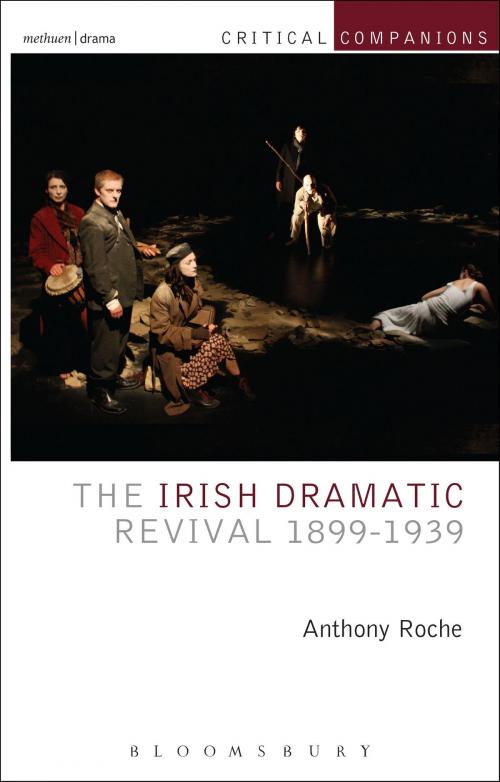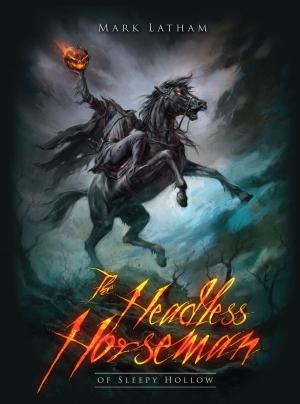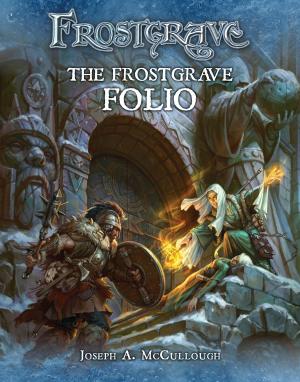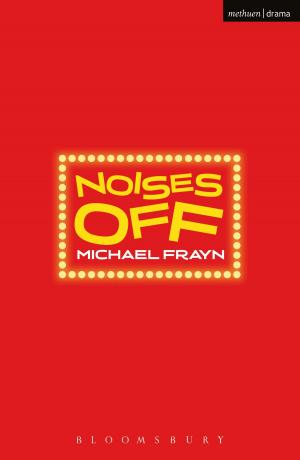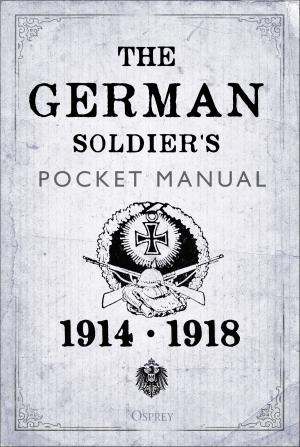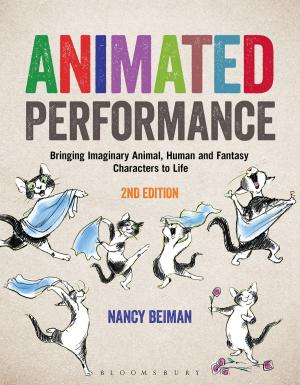The Irish Dramatic Revival 1899-1939
Nonfiction, Entertainment, Theatre, Playwriting, Performing Arts, Fiction & Literature, Literary Theory & Criticism| Author: | Anthony Roche | ISBN: | 9781408166000 |
| Publisher: | Bloomsbury Publishing | Publication: | February 26, 2015 |
| Imprint: | Methuen Drama | Language: | English |
| Author: | Anthony Roche |
| ISBN: | 9781408166000 |
| Publisher: | Bloomsbury Publishing |
| Publication: | February 26, 2015 |
| Imprint: | Methuen Drama |
| Language: | English |
The Irish Dramatic Revival was to radically redefine Irish theatre and see the birth of Ireland's national theatre, the Abbey, in 1904. From a consideration of such influential precursors as Boucicault and Wilde, Anthony Roche goes on to examine the role of Yeats as both founder and playwright, the one who set the agenda until his death in 1939. Each of the major playwrights of the movement refashioned that agenda to suit their own very different dramaturgies.
Roche explores Synge's experimentation in the creation of a new national drama and considers Lady Gregory not only as a co-founder and director of the Abbey Theatre but also as a significant playwright. A chapter on
Shaw outlines his important intervention in the Revival. O'Casey's four ground-breaking Dublin plays receive detailed consideration, as does the new Irish modernism that followed in the 1930s and which also witnessed
the founding of the Gate Theatre in Dublin.
The Companion also features interviews and essays by leading theatre scholars and practitioners Paige Reynolds, P.J. Mathews and Conor McPherson who provide further critical perspectives on this period of radical change in modern Irish theatre.
The Irish Dramatic Revival was to radically redefine Irish theatre and see the birth of Ireland's national theatre, the Abbey, in 1904. From a consideration of such influential precursors as Boucicault and Wilde, Anthony Roche goes on to examine the role of Yeats as both founder and playwright, the one who set the agenda until his death in 1939. Each of the major playwrights of the movement refashioned that agenda to suit their own very different dramaturgies.
Roche explores Synge's experimentation in the creation of a new national drama and considers Lady Gregory not only as a co-founder and director of the Abbey Theatre but also as a significant playwright. A chapter on
Shaw outlines his important intervention in the Revival. O'Casey's four ground-breaking Dublin plays receive detailed consideration, as does the new Irish modernism that followed in the 1930s and which also witnessed
the founding of the Gate Theatre in Dublin.
The Companion also features interviews and essays by leading theatre scholars and practitioners Paige Reynolds, P.J. Mathews and Conor McPherson who provide further critical perspectives on this period of radical change in modern Irish theatre.
